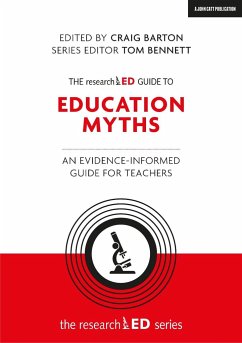
The Student's Guide to Research Ethics
Versandkostenfrei!
Versandfertig in 2-4 Wochen
39,99 €
inkl. MwSt.

PAYBACK Punkte
20 °P sammeln!
This reader-friendly book examines the ethical issues and questions that occur in university and professional research and will help both beginning and experienced researchers to identify ethical issues when they are conducting research.












